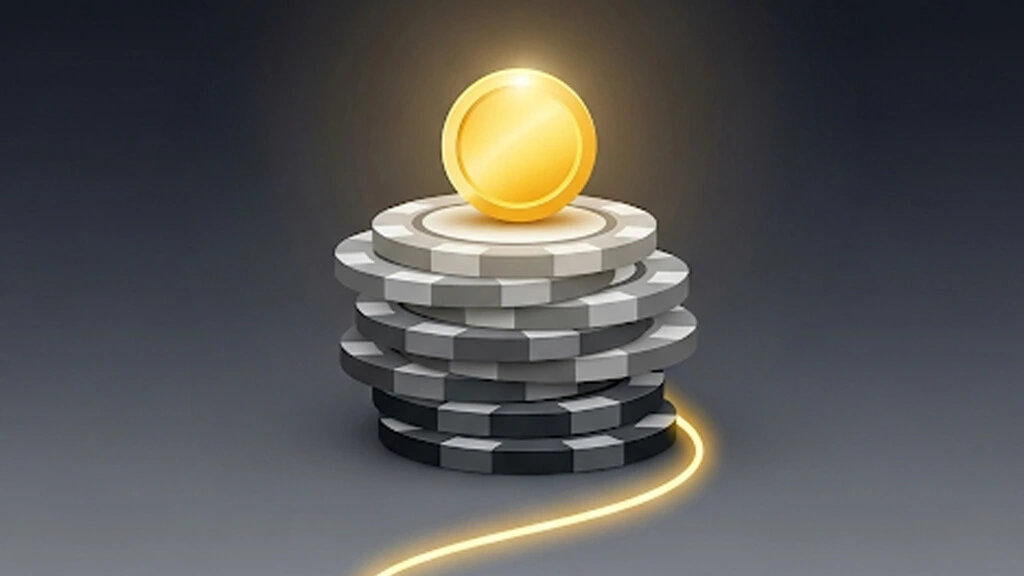Hitting a big gambling jackpot is basically a universal fantasy among gamblers. Even those who only ever put down small stakes. The alluring pull of these “what if” moments is among the core attraction of gambling. But what are the psychological levers behind this enduring idea? And what if the big day happens and it comes to pass?
Although extremely unlikely to happen to any one person, there are tens of thousands of people around the world who have hit life-changing sums from small bets. From the neurochemical triggers that drive us to chase a big win, to the impulses and reactions that can shape what winners do with their big haul, this is the psychology of big gambling jackpots.
The Neuroscience of Jackpots, Anticipation and Dopamine
Every day real money casinos pay out huge winners. That is a fact. Sure, the house always wins in the long run. But some people, over smaller sample sizes, hit big wins every day – whether that’s on progressive slot games, live dealer casino games with high variance or traditional casino games with jackpot side bets. Which is not to mention bonuses and promos that can help you get into the game and maximise your bankroll.
If lucky big wins weren’t possible, gambling wouldn’t be anywhere near as popular. In fact, some people might not even gamble at all if it wasn’t for the possibility of a large jackpot. This is why online slots, often the big jackpot games, are far more popular than games like blackjack which offer the potential for win streaks but lower payouts. A big jackpot can turn a tiny bet into a huge win in one go, making it attractive for the majority of small stakes players.
Interestingly, there is some tension here between the main psychological pull of gambling – dopamine – and big jackpot chasers. Dopamine is the brain’s reward chemical, which makes us feel good for completing tasks.
However, it is often released just before the reward itself rather than in response to the reward.
Gambling short circuits this system, as any spin could offer the reward. That is why some people who develop extreme gambling behaviours often continue to gamble large amounts after hitting what could be for someone else a huge life-changing win. The money is not the reward – the feeling from the win is.
Fantasy, Reality and the “What If” Dream
People who gamble with lower stakes aren’t chasing the thrill of any individual win as much, because quite often a win isn’t that big. If you put down $500 and spin $1 per time, a 200x win for $200 isn’t going to hit your dopamine that hard as it just doesn’t mean much compared to your bankroll.
If you have a bankroll of $10 for a gambling session, and you hit a 200x $20 win from a $0.20 spin – well, you’ve just doubled your bankroll.
The reality is, many small stakes players don’t have a lot of money to begin with. So even a medium big win could literally be lifechanging. Those gambling bigger sums, should have more spare cash in general, meaning any win that isn’t a jackpot might not be so important to them. For these people, its often the thrill of the risk, the win and the game over the financial reward.
Some key psychological triggers that attract people towards playing for big jackpots:
- Various biases (confirmation bias, optimism bias and many others) have been proven to make people overestimate the chances of hitting a big jackpot
- The gambler’s paradox – every spin or card draw is just as likely to hit a big winner as any other one. Just because you haven’t hit a winner for 10 spins doesn’t mean a big one is any more or less likely to be on the way, and the same goes for a winning streak.
- Escapism and the fear of missing out – for small stakes gamblers chasing a big win, the gambling spend is the price of admission to a fantasy or dream. Gambling operators’ marketing – like the British National Lottery’s You’ve Got to be In It to Win It tagline – are often based on this effect.
When Winning Can be It’s Own Challenge
For some however, the dream does come true. And although many jackpot winners fly off into the sunset never to be heard from again, some come crashing back down to earth with a bang not long after.
In fact, one global study suggested that more than 50% of big lottery jackpot winners go bankrupt within five years.
Of course, many live, long, content and happy lives of blessed fortune after a win too. Doing good things with the money and helping their communities, as well as enjoying their passions. So what methods do people who have successfully navigated the path suggest?
- Focusing on purpose – using the financial freedom of a win to explore passions and hobbies
- Waiting and reflecting – many financial advisers who work with lottery winners suggest waiting at least two or may six months before making life-changing decisions about what to do
- Hiring professional help – lawyers, financial planners and accountants can all help make sure winners manage their newfound fortunes in a sustainable manner

